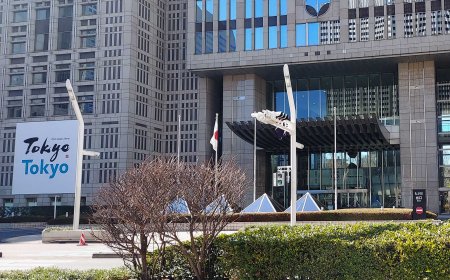Life in the Philippines vs. Life in Japan
In a clash of cultures, the Philippines and Japan offer a kaleidoscope of traditions, flavors, and lifestyles, each as captivating as the other. The allure of two worlds, where heritage meets modernity and harmony thrives amidst diversity.
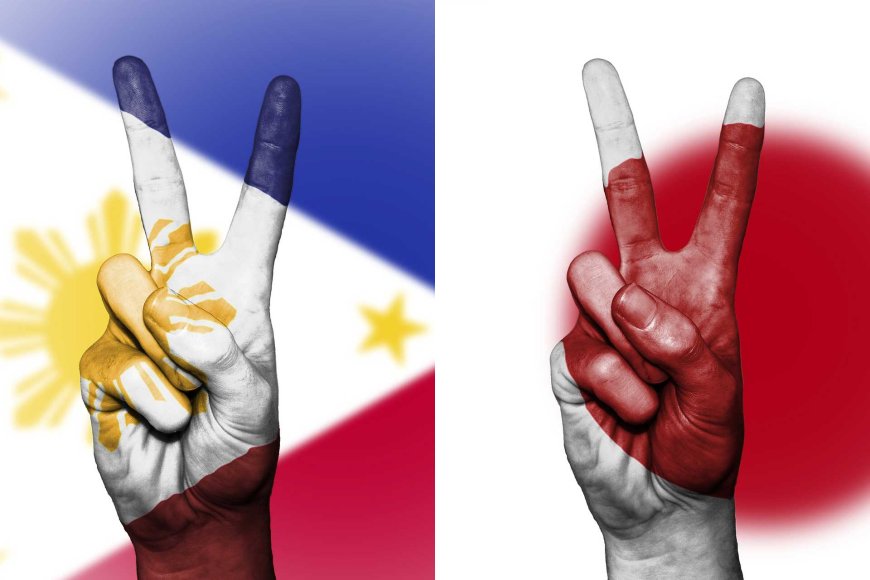
Contrasting Life in the Philippines and Japan
Life in the Philippines and Japan unfolds like chapters from vastly different stories, each imbued with its own unique charm and allure. In the Philippines, the vibrant cultural traditions are visible in daily life, from colorful festivals to warm family gatherings, fostering a sense of community and camaraderie. Contrastingly, life in Japan is a harmonious blend of ancient customs and cutting-edge innovation, where precision and refinement permeate every aspect, from cuisine to transportation. Despite these disparities, both nations share a deep-rooted reverence for their heritage and a commitment to preserving the essence of their respective cultures amidst the tide of modernity.
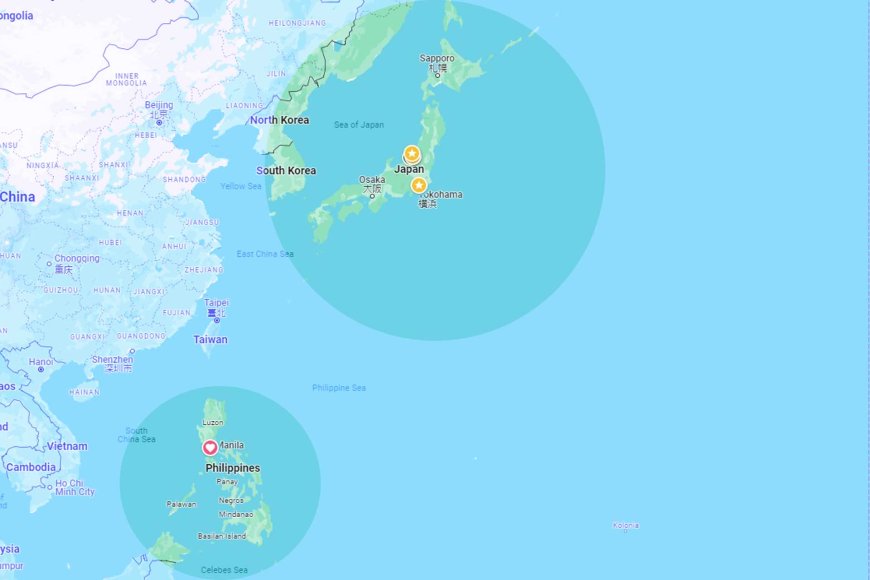
Cultural Traditions: Preserving Heritage vs. Embracing Modernity
In the Philippines, cultural traditions run deep, with festivities like Sinulog and Ati-Atihan celebrating the country's rich history and religious roots. Family gatherings are a cornerstone of Filipino culture, where respect for elders is paramount, and close-knit communities thrive.
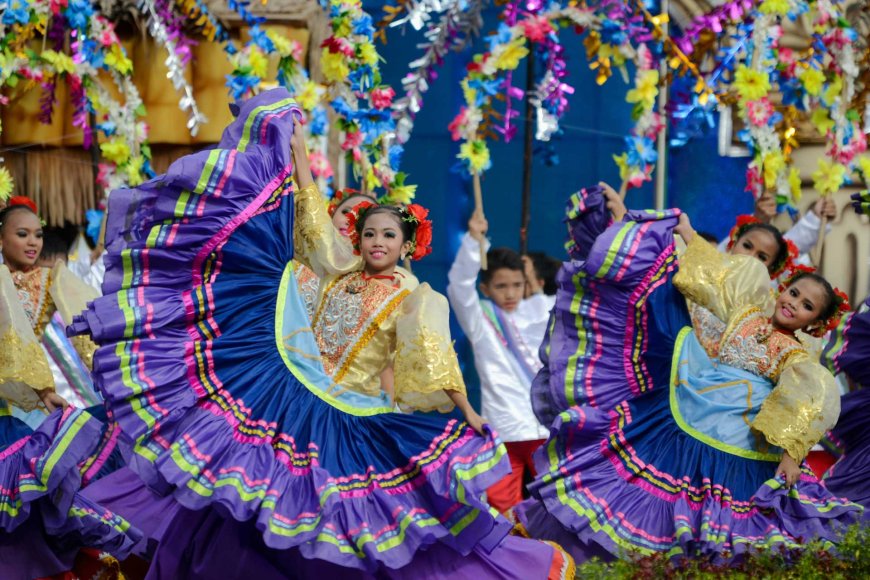
Contrastingly, Japan seamlessly blends its ancient customs with cutting-edge technology. Traditional tea ceremonies and festivals like Hanami (cherry blossom viewing) coexist with bullet trains and robots. Despite rapid modernization, Japan's reverence for its heritage remains palpable in every aspect of daily life.
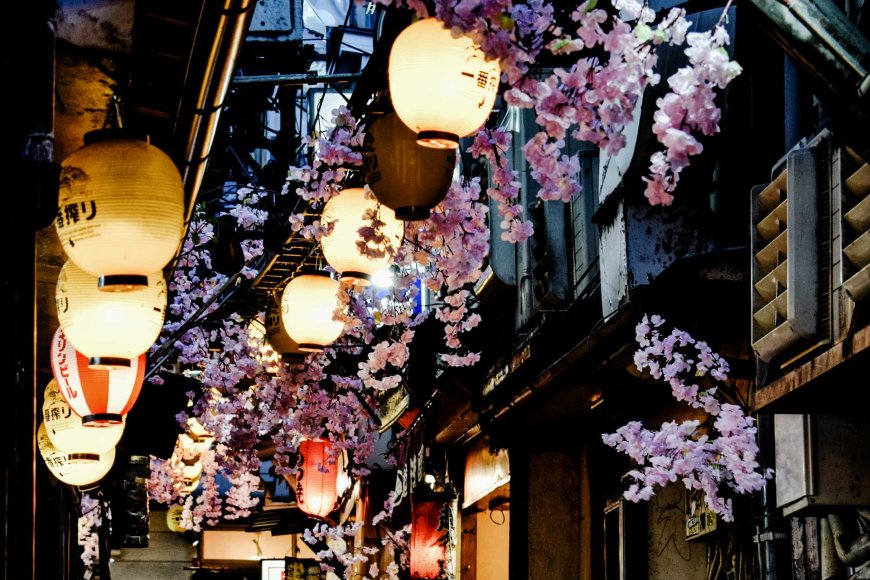
Cuisine: Flavorful Diversity vs. Refined Elegance
Filipino cuisine is a vibrant mosaic of flavors, influenced by Malay, Spanish, Chinese, and American culinary traditions. From the hearty adobo to the tangy sinigang, each dish tells a story of the country's cultural fusion. Street food reigns supreme, offering a tantalizing array of snacks like balut (fertilized duck embryo) and halo-halo (mixed dessert).
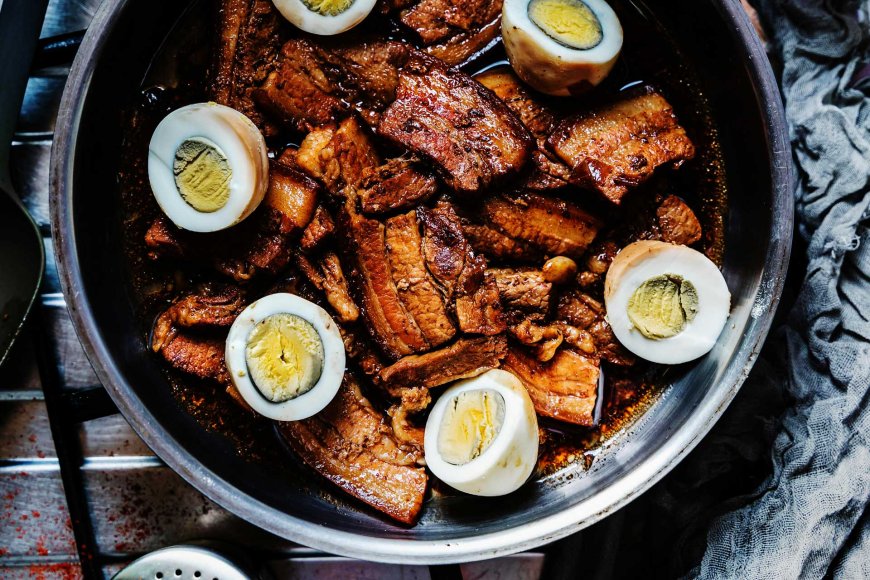
In Japan, culinary mastery is elevated to an art form. From meticulously crafted sushi to delicate kaiseki meals, Japanese cuisine is a symphony of taste and presentation. The emphasis on seasonal ingredients and meticulous preparation reflects Japan's reverence for nature and mindfulness in all things, including food.
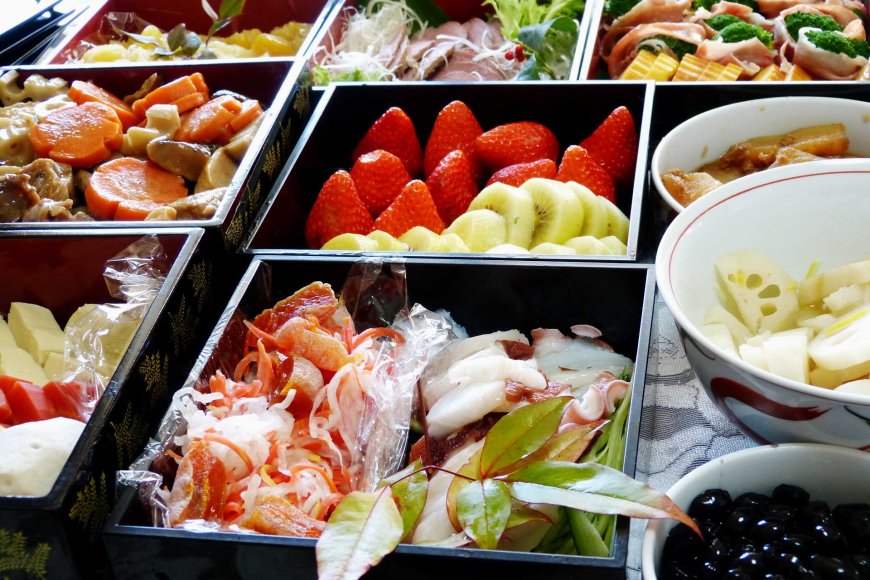
Work Culture: Balancing Hard Work and Harmony
In the Philippines, a laid-back approach to work is often tempered by a strong sense of camaraderie. Flexibility and adaptability are valued traits, with a focus on building relationships and fostering teamwork. While the workweek may be demanding, Filipinos prioritize work-life balance, cherishing moments spent with family and friends.

In contrast, Japan's work culture is renowned for its dedication and discipline. Long hours and unwavering commitment are the norm, driven by the principles of loyalty and harmony within the collective. While this dedication yields remarkable efficiency and innovation, it also poses challenges to achieving a healthy work-life balance.

Transportation: Chaotic Charm vs. Efficient Order
Navigating the bustling streets of Manila or the winding roads of provincial towns in the Philippines can be an exhilarating experience. Jeepneys, colorful converted military jeeps, ply the streets alongside tricycles and buses, creating a chaotic yet charming array of transportation options. While traffic jams are a common occurrence, the warmth and hospitality of fellow commuters often make the journey worthwhile.

In Japan, transportation is synonymous with efficiency and punctuality. The extensive network of trains, subways, and buses ensures seamless connectivity across cities and regions. Punctuality is a virtue deeply ingrained in Japanese culture, with trains adhering to schedules with almost surgical precision. Despite the occasional rush hour crowds, Japan's transportation system is a marvel of organization and reliability.

Diversity in Unity
Life in the Philippines and Japan may seem worlds apart, yet both nations share a profound respect for tradition, community, and resilience. Whether savoring the flavors of Filipino street food or admiring the precision of Japanese craftsmanship, the contrast between these two cultures serves as a reminder of the beauty found in diversity. In a rapidly changing world, embracing the unique qualities of each culture fosters a deeper understanding and appreciation for the richness of human experience.
Find Cheap Flight Tickets to any Destinations in Japan and the Philippines
Nipino.com is committed to providing you with accurate and genuine content. Let us know your opinion by clicking HERE.



















































